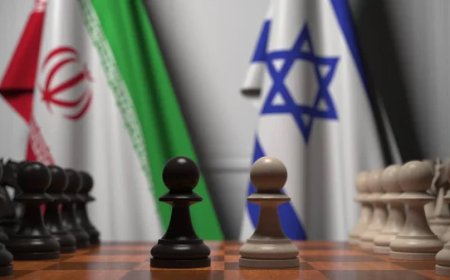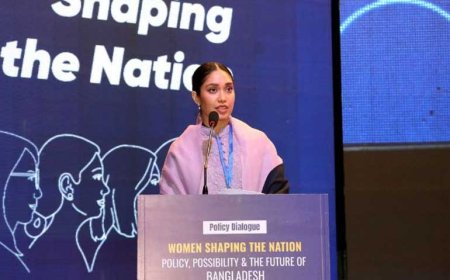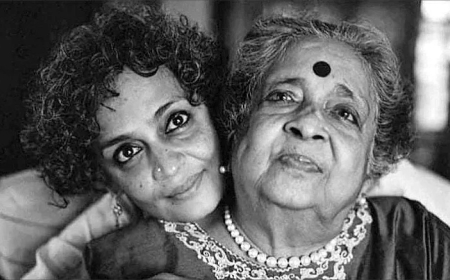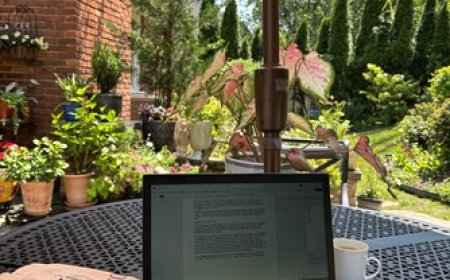Chronicles of Coups Foretold
Now that Hasina is gone, it is time we explore these deep fissures in our formative years, not just through political thrillers, but also serious, scholarly enquiries.
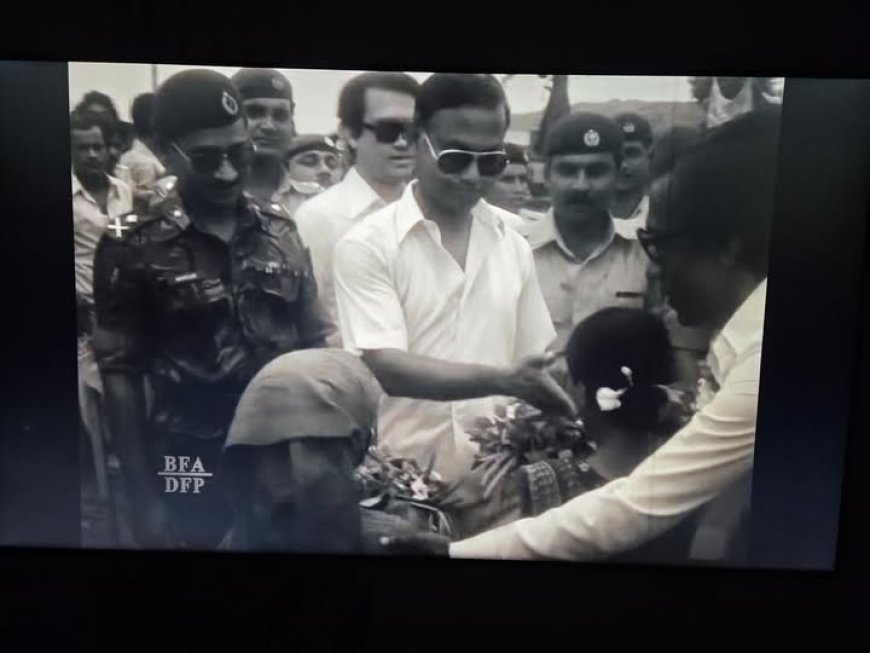
Frederick Forsyth trained to become a fighter pilot and worked as a foreign correspondent in Africa. But he is known for his gripping political thrillers, the most famous of which is perhaps The Day of the Jackal. The 1971 novel about a failed assassination attempt against Charles de Gaulle has been translated in many languages, adapted for the screen three times, and has inspired a top class Masud Rana book where the killer does hit his target.
Less famous but arguably a tighter thriller by Forsyth is The Dogs of War, which is set in a fictional African country called Zangaro. In the novel, a British mining tycoon hires a gang of mercenaries to topple the country’s Soviet-backed dictator after plutonium is discovered in
mountainous hinterland.
A large part of the novel describes in detail the planning and preparation for the coup. There are set pieces of action, such as the mercenaries’ assault on the presidential palace, that are so vivid that one can almost sense the acrid smell of battle.
Both Forsyth novels have their basis in historical events. There were, indeed, assassination attempts on the French president by disgruntled veterans of the colonial war in Algeria. And foreign mercenaries have been defending and toppling African governments since the end of former colonial rule last century.
Bob Denard, a notorious French mercenary, was the de facto ruler of the Indian Ocean archipelago of Comoros for much of the 1980s. In our own time, Russian mercenaries are said exercise power over the Central African Republic. And resources are often, though not always, at the centre of it all.
The world of these mercenaries and warlords is one of men, often white but not always, perpetrating horrible atrocities against peoples of the tropics. Forsyth’s novel, like much of the genre of his time, is also one of brutish men -- strong women, or people of colour,
seldom feature in the genre fiction of mid-20th century.
Lauren Wilkinson’s 2019 novel American Spy is a major departure from this trend. The protagonist is a female African-American FBI agent whose career is going nowhere in the Reagan-era America. She is hired by some shadowy characters claiming to represent American interests in Upper Volta, just renamed Burkina Faso by Thomas Sankara. Her mission is to spy on the charismatic young president of the African nation.
Sankara did, in fact, rule the land-locked African country in the 1980s, coming to power through a coup, and eventually assassinated in a violent countercoup led by his former "brother-in-arms." His domestic policies included land reform, famine prevention, and nationwide vaccination campaigns. He promoted pan-Africanism overseas, and talked about global revolution. He was supported by Cuba and Soviet Union, and his fall was welcomed by the West.
The reader might, of course, notice a degree of parallel in our own history. After all, we too had a war hero president who came to power against the backdrop of violent coups, unified the nation, initiated fundamental reforms, and then was killed in his prime. Indeed, Ziaur
Rahman was the rare military strongman who successfully transitioned into a democratic politician, instead of espousing revolutionary rhetoric. And his tragic death was mourned across the Cold War divide.
As Forsyth and Wilkinson show, simply narrating the events of a coup -- the protagonists and antagonists, the logistics, the set piece action -- can make for gripping thrillers. And Bangladesh has, tragically, had more than enough coups. Moshiul Alam’s Dwitiyo Khuner
Kahini is the rare Bangla political thriller set in the real world.
It is set in Chittagong 44 years ago this week, in the aftermath of Zia’s assassination. Major General Abul Manzur wakes up to find officers under him have killed the president and want him to assume responsibility.
A dithering Manzur appears on a radio to announce his "revolution," issuing directives to ban alcohol and gambling, and nullify the India-Bangladesh 25 Year Treaty of 1972.
In Dhaka, the army chief Lt Gen Ershad gauges the mood and decides to play for time, back constitutional continuity, and prepares to move against Manzur.
Brigadier Hannan Shah, commandant of the military academy in Chittagong, plays a crucial role in avoiding further bloodshed. The novel ends with Ershad’s agents killing Manzur -- the second murder of the title.
The novel is noteworthy for not just being the rare realistic Bangla thriller, but also for the fact that it was published at the nadir of the Hasina despotism, when one could land in jail, if not illegally abducted and tortured, for writing anything that remotely deviated from the officially sanctioned "truth."
Now that Hasina is gone, it is time we explore these deep fissures in our formative years, not just through political thrillers, but also serious, scholarly enquiries. In the changed political circumstances after Sheikh Hasina fled Bangladesh, there is tremendous temptation to create yet a hagiography around Zia. Let us avoid that. Ziaur Rahman was a complex character, and Bangladesh is a complex country. Both deserve serious analysis.
What's Your Reaction?
















